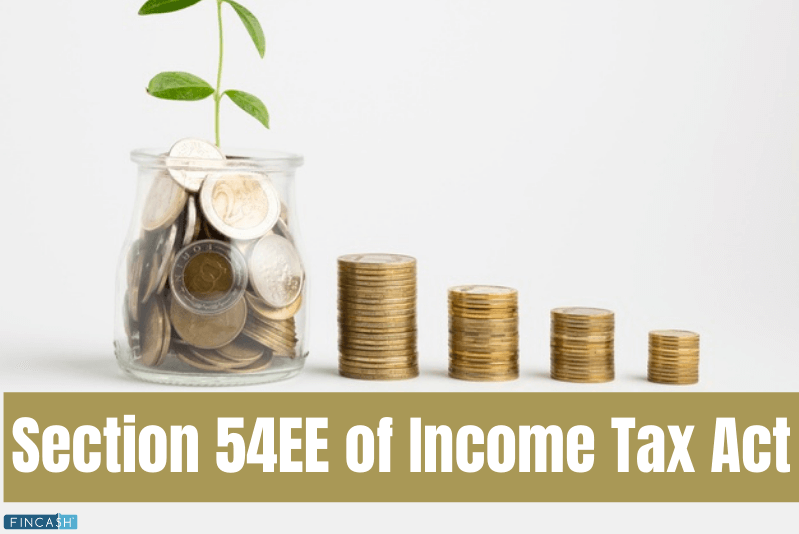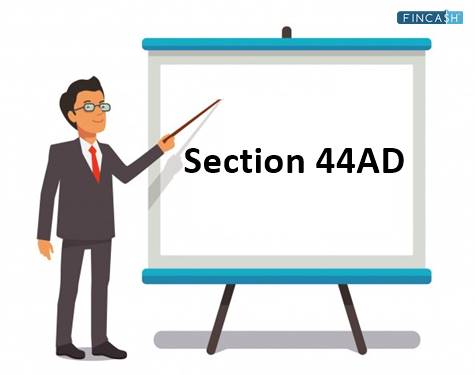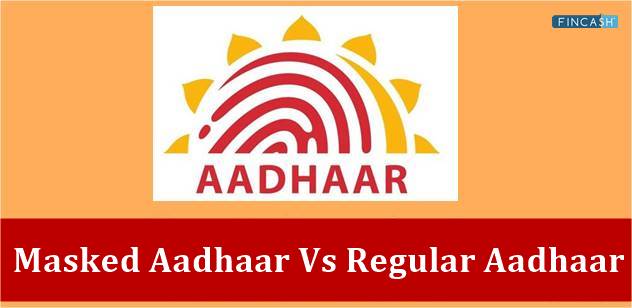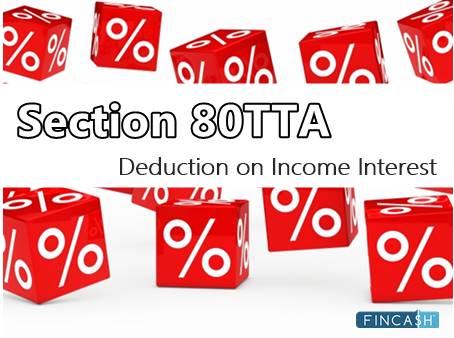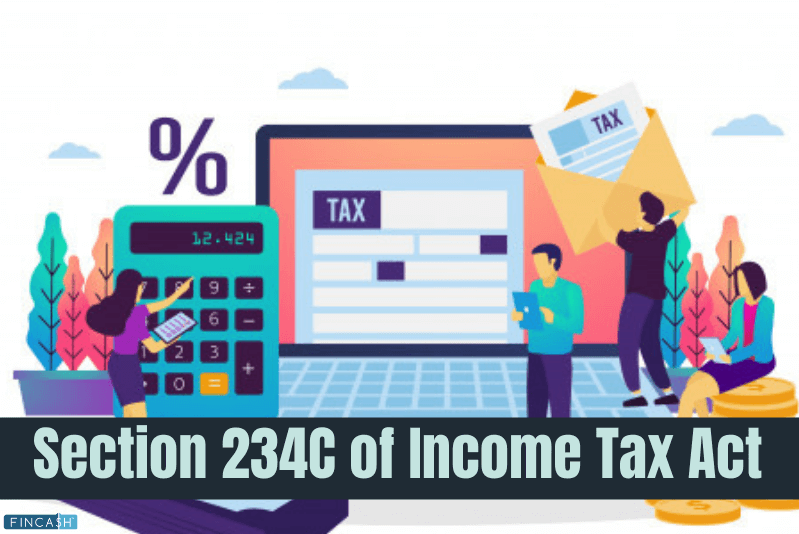
Table of Contents
Know Different Aspects of Section 80DDB
Medical treatments can take a severe toll on the pocket of the person who is taking care of the expenses. Keeping this in mind, the government has proposed Section 80DDB of the income tax Act. Read on and know more about the same.
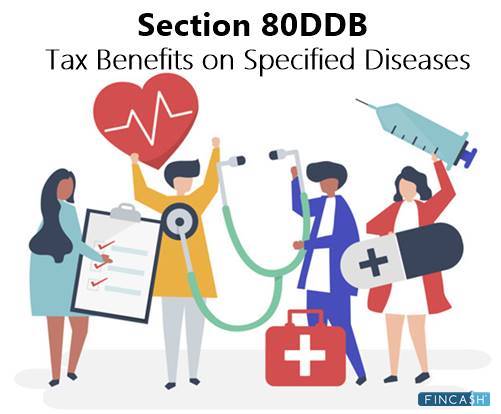
What is Section 80DDB?
Section 80DDB of Income tax act is specifically for claiming Deduction against expenses incurred for medical treatment of specific ailments and diseases. Subjected to certain conditions, and capped at a specific amount, the section allows you to claim an amount while filing Taxes in case you have been spending on treatments.
Keep in mind that the deduction can only be claimed for expenses spent on treatments and not on health insurance.
Availing Deductions Under Section 80DDB
Under section 80DDB of Income Tax Act, the tax deduction is only applicable for:
- Individuals
- Hindu Undivided Families (HUFs)
Tax deductions can easily be claimed given that the concerned person is residing in India for that specific tax year and the medical treatment expenses are either for the individual, HUF, or a family member, like a parent, spouse, siblings, or a child dependent on the taxpayer.
The Amount to be Claimed Under 80DDB
The 80DDB deduction limit is majorly dependent on the age of the person for whom the medical treatment is been taken. In case the treatment is incurred for an individual, a dependent, or a HUF member, the deduction amount is capped at either Rs. 40,000 or the actual amount paid, whichever would be less.
In case medical treatment is being incurred for a senior or a super senior citizen, the deduction amount is capped at Rs. 1 lakh or the actual amount paid, whichever would be less.
Talk to our investment specialist
Medical Ailments or Diseases Specified under Section 80DDB
Section 80DDB of income tax act 1961 has specified certain medical elements and diseases for which deductions can be claimed. The list includes:
Neurological Diseases
- Dementia
- Parkinson's disease
- Motor neuron disease
- Ataxia
- Aphasia
- Hemiballismus
- Dystonia Musculorum Deformity
- Chorea
- Chronic Renal Failure
- Malignant Cancers
Haematological Disorders
- Thalassaemia
- Haemophilia
- Full Blown Acquired Immuno-Deficiency Syndrome (AIDS)
Documents Required for Deduction
To claim deduction under this section, the person would have to put forward proof regarding the treatment required and the proof that the treatment has been undertaken. It is necessary to get a prescription, also known as a disease or ailment certificate, from a qualified doctor.
According to the rule 11DD, you can obtain the certificate by keeping the following pointers in mind:
If you are dealing with a neurological disease, a certificate should be obtained from a Neurologist who has a doctorate of medicine in neurology for any similar degree
If you are dealing with malignant cancer, the certificate should be obtained from an oncologist having a doctorate of medicine and oncology or any similar degree
If you have AIDS, a certificate from a specialist having post graduate degree in general or internal medicine or any similar degree would be required
In case of chronic renal failure, a certificate by a nephrologist with a doctorate of medicine degree in nephrology or a urologist with a master of Chirurgiae degree in neurology or any similar degree is required
In case of a haematological disorder, a specialist with a doctorate of medicine degree in haematology or any similar degree should issue your certificate
Acquiring the Certificate for the Disease
To be eligible for deductions under 80DDB income tax, having a certificate of the disease is necessary. In fact, the income tax department has made it quite easier to obtain this certificate by implementing the changes mentioned below:
If medical treatment is being availed from a private hospital:
- The disease certificate can be obtained from the same hospital
- It is not necessary to obtain a certificate from a government hospital
- The certificate must be obtained from a specialist with the degree in the field of specialization validated by the Medical Council of India
If the medical treatment is being availed from a government hospital:
- The certificate should be acquired through a specialist who is employed on a full-time Basis at the same Hospital
- The specialist must have a general postgraduate degree or an internal medicine degree validated by the Medical Council of India
Details Required in the Certificate of the Disease
As per the Income Tax Department, the below-mentioned details should be included in the certificate:
- Patient’s name
- Patient’s age
- The name of the disease or the ailment
- Details of the specialist, including name, address, qualification, and registration number
If the treatment is being carried forward in a government hospital, the name of the hospital and the address should be mentioned in the certificate.
Conclusion
Basically, the deduction under this section can be claimed only for expenses incurred on medical treatment in the previous year. Furthermore, the amount is based on the age of the person claiming the deduction as well as the one who is taking the treatment. So, if you have been spending on medicines, don’t forget to mention the same in your ITR form.
All efforts have been made to ensure the information provided here is accurate. However, no guarantees are made regarding correctness of data. Please verify with scheme information document before making any investment.

